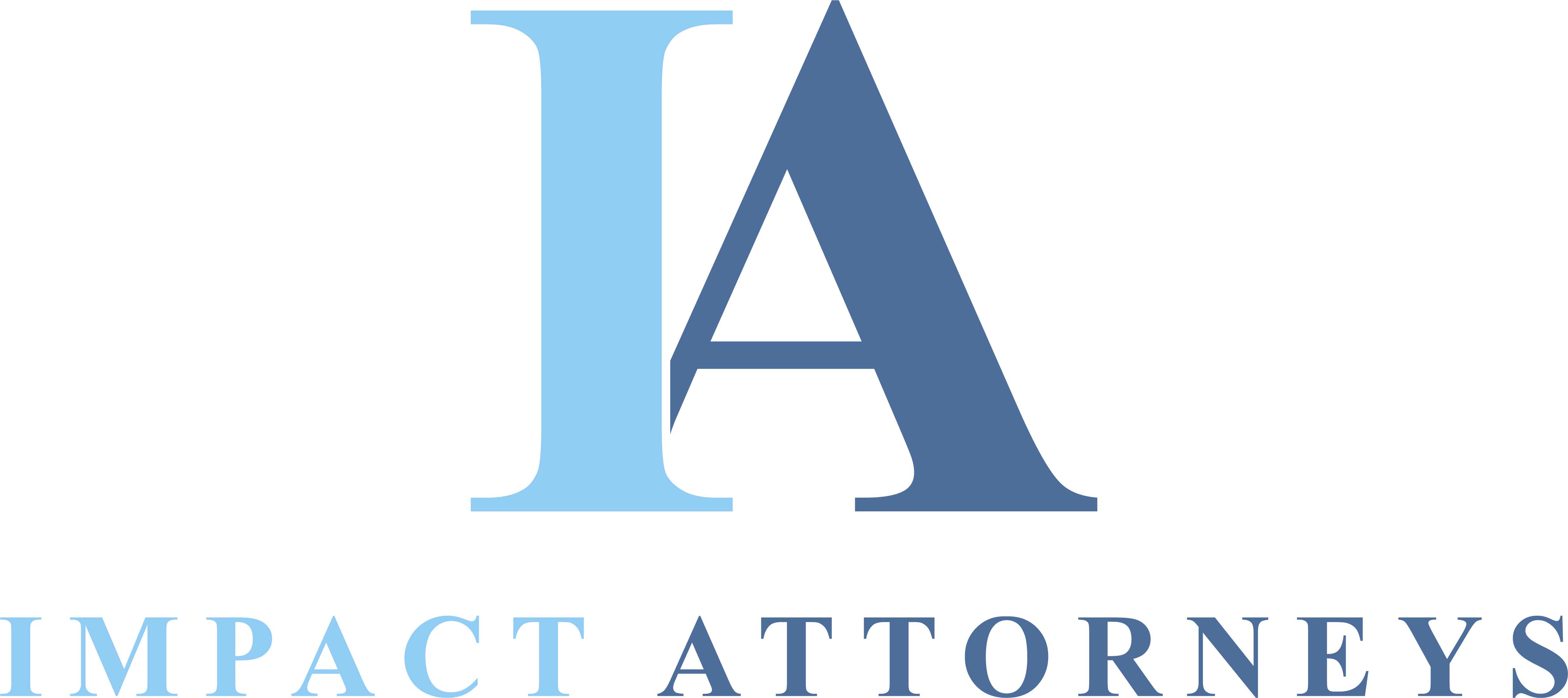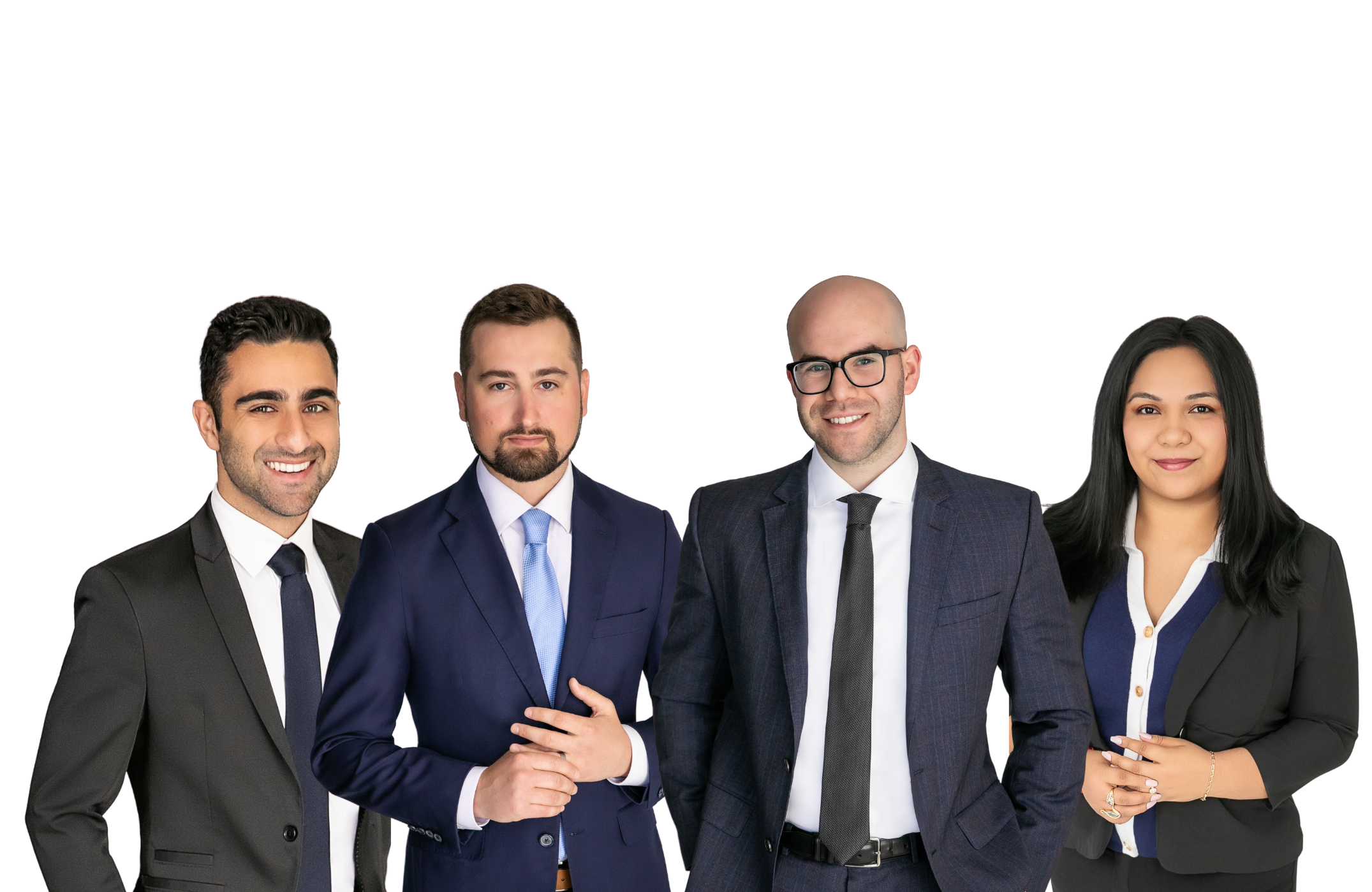Evidence Code § 801 – Basis for Expert Opinions
Free Consultation Request
Evidence Code § 801 – Basis for Expert Opinions
California Law
Evidence Code – EVID
DIVISION 7. OPINION TESTIMONY AND SCIENTIFIC EVIDENCE [800 – 870]
( Division 7 enacted by Stats. 1965, Ch. 299. )CHAPTER 1. Expert and Other Opinion Testimony [800 – 870]
( Chapter 1 enacted by Stats. 1965, Ch. 299. )ARTICLE 1. Expert and Other Opinion Testimony Generally [800 – 805]
( Article 1 enacted by Stats. 1965, Ch. 299. )801.
If a witness is testifying as an expert, his testimony in the form of an opinion is limited to such an opinion as is:
(a) Related to a subject that is sufficiently beyond common experience that the opinion of an expert would assist the trier of fact; and
(b) Based on matter (including his special knowledge, skill, experience, training, and education) perceived by or personally known to the witness or made known to him at or before the hearing, whether or not admissible, that is of a type that reasonably may be relied upon by an expert in forming an opinion upon the subject to which his testimony relates, unless an expert is precluded by law from using such matter as a basis for his opinion.
(Enacted by Stats. 1965, Ch. 299.)
California Law Summary
This statute outlines the criteria for admissible expert opinion testimony in California courts. An expert’s opinion is admissible if it is:
Related to a subject that is sufficiently beyond common experience, so that expert opinion would assist the trier of fact (judge or jury), and
Based on matter that the expert has:
Personally perceived, or
Learned through information made known to them before or during the hearing, and
That is of a type reasonably relied upon by experts in that field.
Purpose
To ensure expert opinions are both relevant and reliable, grounding their testimony in accepted professional methods or data not speculation or unqualified assumptions.
Application
Under § 801, expert testimony is commonly used to establish:
Medical causation and diagnosis,
Extent and impact of injuries,
Accident reconstruction,
Economic loss assessments.
Ensuring the opinion meets these standards is essential for admissibility and persuasive impact in court.


